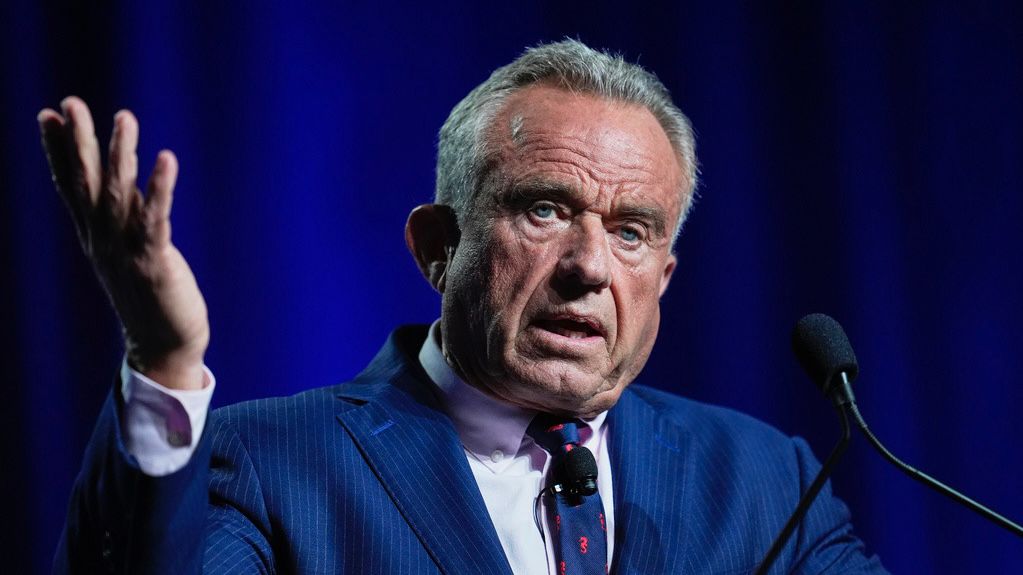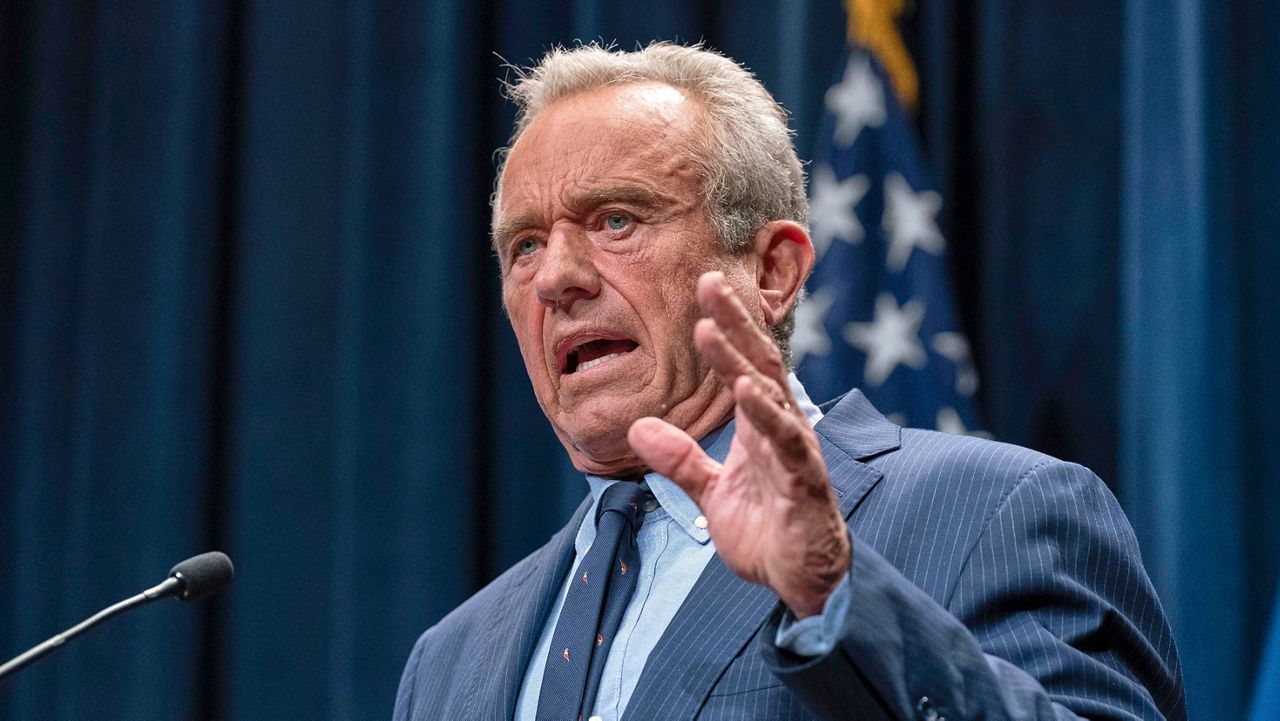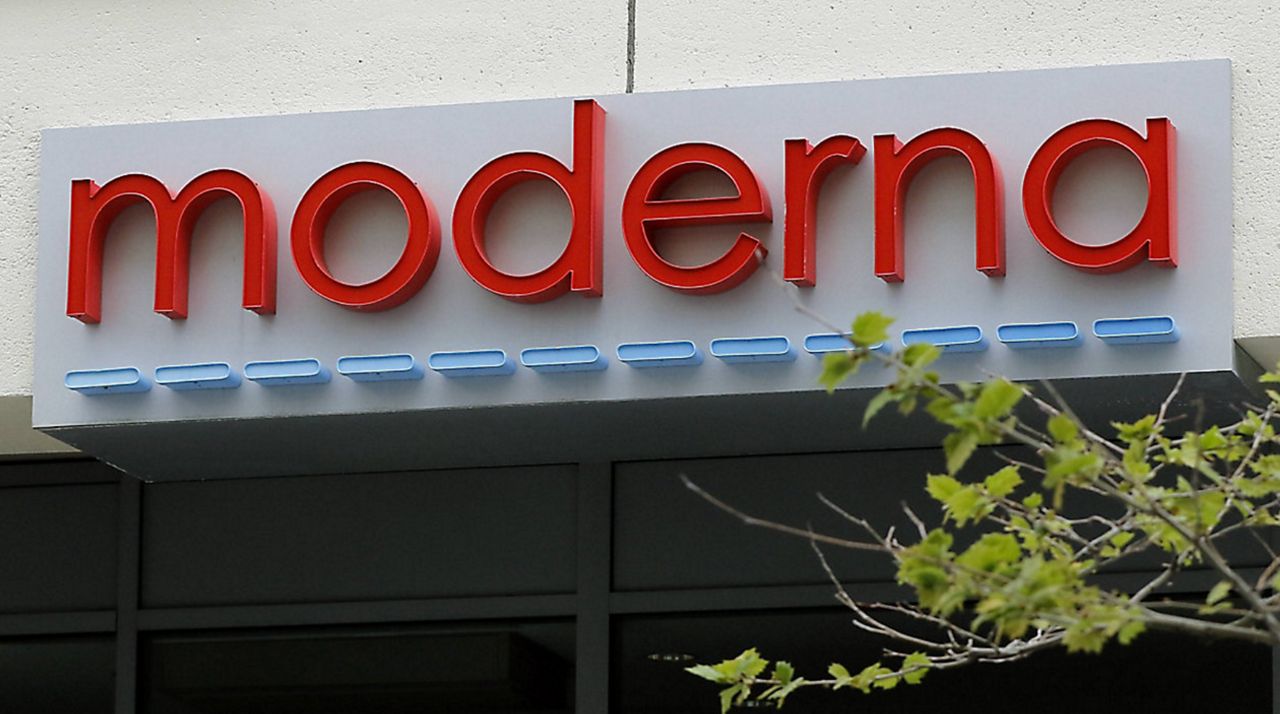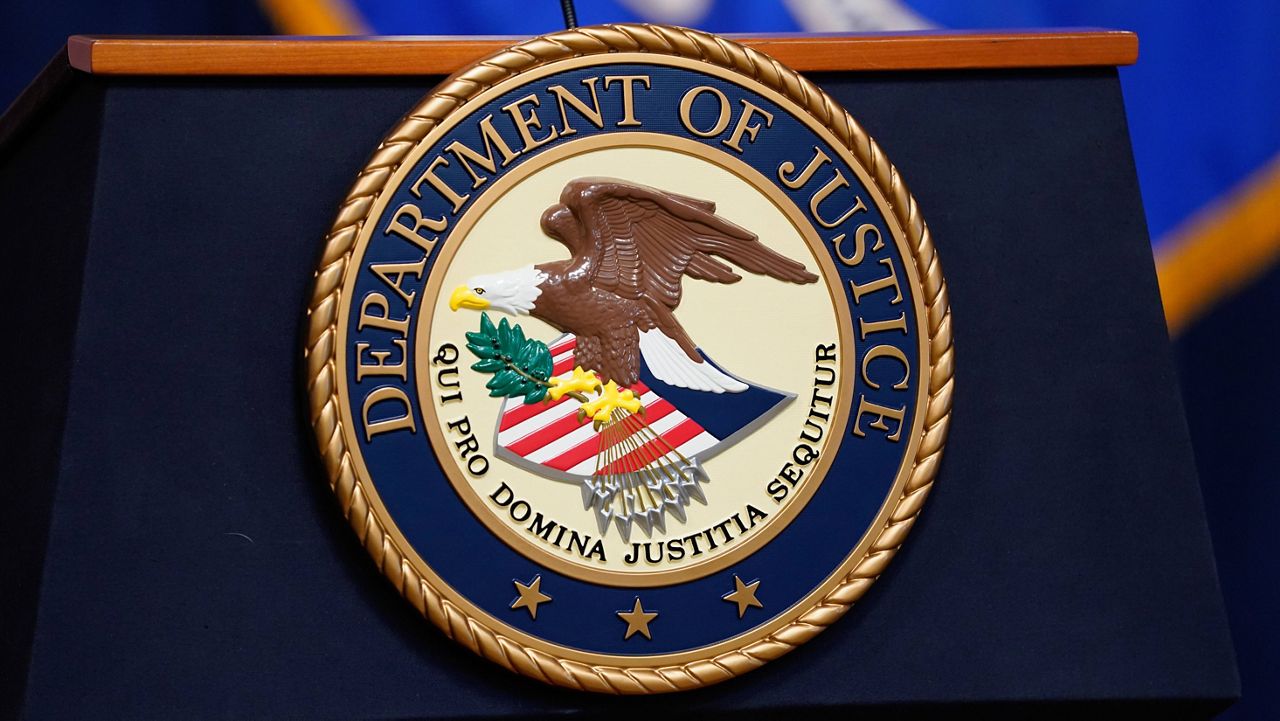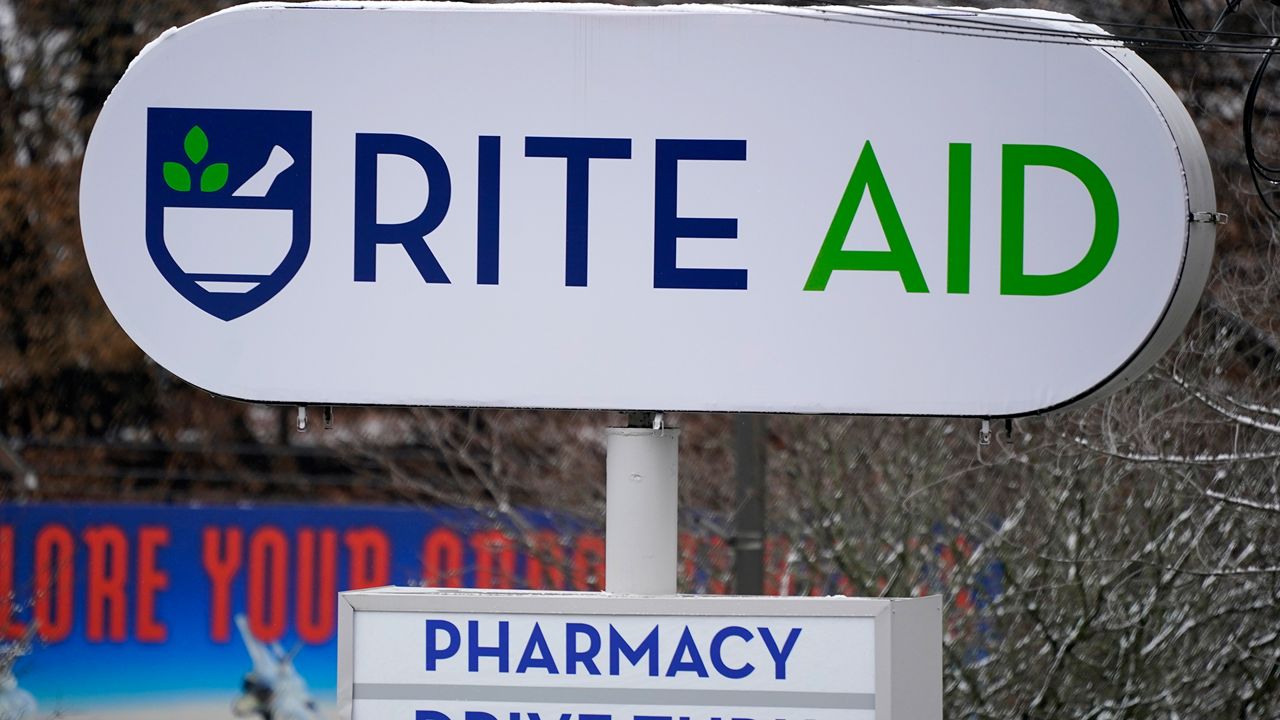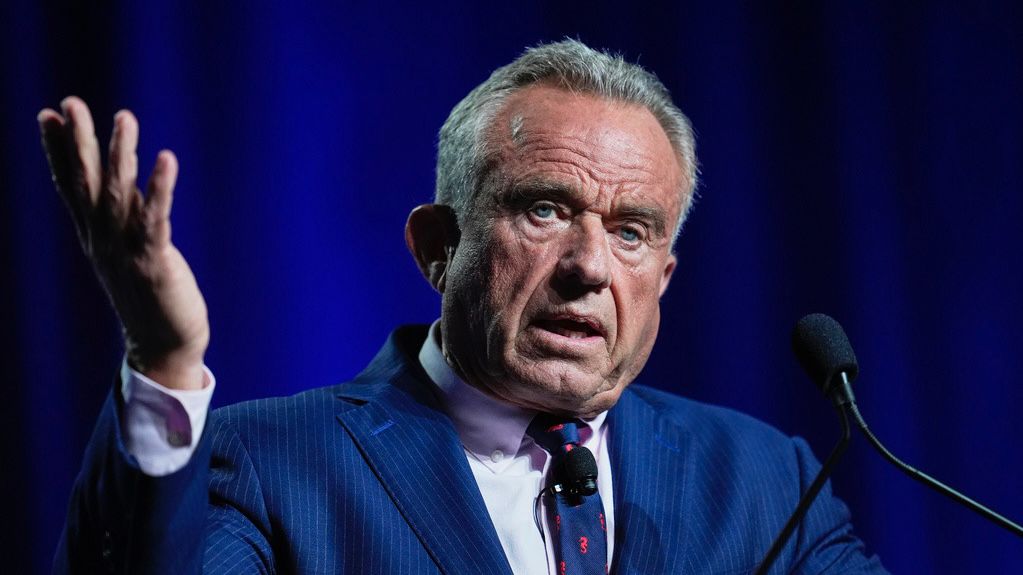NASHVILLE — Health and Human Services Secretary Robert F. Kennedy Jr. suggested Thursday banning cellphones in schools as a remedy for the nation’s addiction crisis.
Citing an epidemic of hopelessness and isolation among children during a speech at the Rx and Illicit Drug Summit in Nashville, he said the country needs to do everything in its power to reestablish opportunities for kids to find community.
“These little devices that we have are taking us away from each other,” Kennedy said. “That feeds the addiction crisis.”
Overdoses are the leading cause of death for Americans aged 18 to 44, according to the U.S. Centers for Disease Control and Prevention. From October 2023 to September 2024, 87,000 people died from overdoses in the United States. Multiple studies have connected cellphone use and screen time with increased feelings of loneliness and depression.
During his confirmation hearing in January, Kennedy said he was a heroin addict for 14 years before becoming sober. On Thursday, he drew a line between isolation and addiction in a remarkably personal speech in which he spoke at length about his faith and involvement with the 12-step program to support his recovery.
“Even when I was surrounded by people, which was the truth for much of my life, I was all alone because I was looking at life and relationships through this mesh of dishonesty and vanity, of arrogance and a complete lack of intimacy, a complete lack of real, authentic connection to the community,” Kennedy said.
“I felt like I was born with an empty hole inside myself that I had to fill with things outside of myself. Every addict feels that way in one way or another — that they have to fix what’s wrong with them, and the only thing that works are drugs.”
Being told he was going to die or ruin his life, he said, “was completely meaningless to me.”
What worked, he said, was joining a 12-step program with fellow addicts in recovery — a program he participates in every day by going to meetings regardless of where he is. On Thursday, he said he went to a 12-step meeting in Nashville the night prior.
As Health and Human Services Secretary, Kennedy does not have the power to restrict cellphone use among children. He called upon parents to impose their own bans and praised a school in Virginia he recently visited, where phones were banned this year.
Nine states currently ban cellphones in school — a number that is likely to rise as more state legislatures introduce bills to combat the phones’ effects on children’s mental health and classroom learning.
Within his purview, the national policies Kennedy proposes to combat illicit drug use are “practical pragmatic things,” he said, including naloxone (a drug that can rapidly reverse an opioid overdose), methadone (a long-lasting opioid treatment) and fentanyl detectors that can discern its presence on pills and other drugs “so the kids are less likely to overdose,” Kennedy said.
“We need prevention. We need education. And we need treatment,” he said, adding that the HHS has $4 billion available to finance solutions for addiction and overdoses.
Still, he said, “throwing money at it is not alone going to work. We need to really focus on reestablishing these historic ties to community. All of us in this age have a hard time being parents, but we can also educate the parents. Have a meal, sit down with your kids and have a conversation without cellphones. And then give them opportunities for service because everybody wants to be effective in their lives. Everybody wants to be useful. When you’re serving other people, that has a magical impact on your life.”
In a speech that strongly echoed his uncle, the late President John F. Kennedy, who famously said in 1961, “Ask not what your country can do for you but what you can do for your country,” Kennedy said one way to help kids feel more tied to their communiites is through service.
Last week, the Trump administration placed most of the 500 staff members at AmeriCorps on administrative leave as part of U.S. DOGE Service efforts to cut waste, fraud and abuse in federal government. AmeriCorps is a 31-year-old program that employs more than 2,000 people ages 18 to 26 in a variety of volunteer programs.


